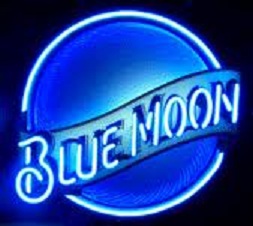By Michael David Rawlings
My philosophy, in essence, is the concept of man as a heroic being, with his own happiness as the moral purpose of his life, with productive achievement as his noblest activity, and reason as his only absolute. —Ayn Rand1
The politics of Rand's philosophy (called Objectivism for the postulate that all human knowledge may be objectively derived from reality via discovery rather than presupposition) calls for a minarchistic model of laissez-faire, an ideal arrangement of power whereby the state is not permitted to ameliorate the consequences of irresponsible behavior. Some critics on the left argue—due to their mindless reverence for the politics of bread and circuses—that Objectivism promotes rational anarchism (or anarcho-capitalism), despite the fact that it emphatically repudiates that model.
Government redistribution of wealth is a form of initial force (or coercion) that subsidizes and, consequently, encourages the sort of behavior that leads to poverty and dependency. It's the stuff of legalized theft exacted against the assets of individuals who aren't responsible for the circumstances, choices or failures of the recipients. In other words, beyond the general defense of the nation and the preservation of liberty and private property, including the necessary provisions and administrations thereof: it's immoral for the state to deprive a person of any portion of the fruits of his labor for the sake of persons who didn't earn them.
(Think President Barack You-Didn't-Build-That Obama.)




